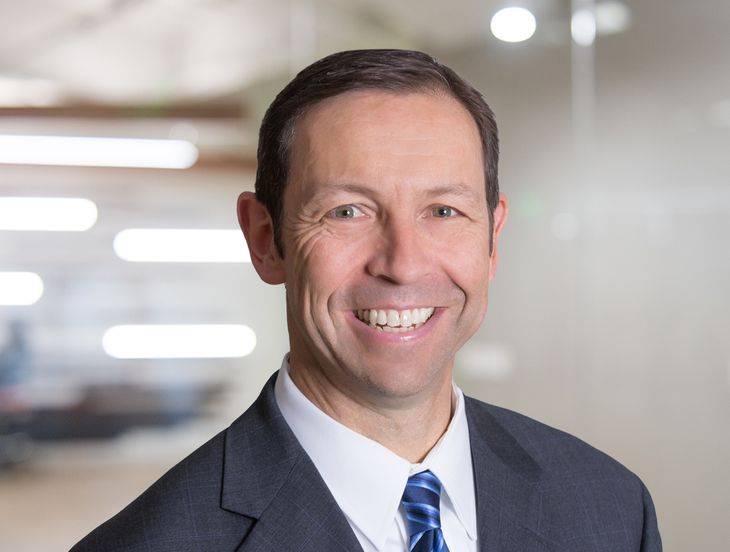Maintaining Political Peace in the Workplace
News
2.22.16
In the article, “Maintaining Political Peace in the Workplace,” featured on Love To Know, Partner Todd Fredrickson shared some insights regarding what employers need to know when it comes to keeping ‘political peace’ in the workplace.
Harassment & Discrimination
Todd pointed out, “Political discussion can easily morph into discussions of gender, religious, or even national origin issues. When that happens, employers can be exposed to harassment or discrimination complaints under Title VII as well as state anti-discrimination laws.” When does politics in the workplace cross the line into workplace harassment? Todd clarified, “When beliefs spill over into protected categories, such as being too vocal or pushy about a politician they support and his or her view of the opposite sex, or of a particular religious group.”
State-Specific Protections
State law may also be a factor when it comes to discrimination related to politics. Todd explained, “In states like Colorado, state statutes may offer additional protections for employees who get involved with politics or for employees connected to a particular political party. Clamping down on such activities may result in additional exposure for employers.
He expanded, “Colorado is one of only four states to offer some job protection for employees who get involved in politics. Section 8-2-102, Colorado Revised Statutes ( C.R.S.), for example, specifies (among other things) that it is unlawful to discharge or threaten to discharge an individual because of his or her connection to a political party, while another statute (C.R.S. 8-2-108) states that employers may not prevent employees from ‘participating in politics.'”
Best Practices
Todd shared best practice suggestions employers can use to attempt to prevent political conversations from leading to workplace disruptions and potential legal problems. He recommends:
- “Monitor political discussions at work – politics can be fractious and may expose sharp differences about irrelevant issues. Don’t allow politics to be discussed at formal meetings and head-off heated discussions that may be construed as harassment.”
- “Ensure that policies regarding politics in the workplace are objectively developed and enforced.”
- “Remain neutral and comply with state laws regarding voting time. Employers should facilitate and encourage employees to vote, but never for a particular candidate.”
- “Avoid pushing partisan political agendas: employers and managers make themselves vulnerable to legal action if they spread political propaganda.”
- “Do not solicit funds on behalf of outside political interests and don’t allow employees to do so – such requests may be illegal. And employees should never feel coerced into contributing to a political cause or candidate as a condition of employment.”
- “Employers should avoid inappropriate jokes, jabs or comments about political affiliations – even if made in jest. Comments like ‘You’re only supporting her because she’s a woman’ can turn into a world of trouble for employers. And gloating after a political win only causes further discomfort.”
Placing Limits
Employers can place limits on political discussions in the workplace to the extent that they restrict work-time activities to performing work. Todd explained, “Employers can enforce rules and policies designed to make sure that their employees are actually working during work time or time employees are on-the-clock.” However, this does not carry over to all time that may be spent in the workplace. Todd clarified, “What employees do during rest or meal periods or before or after their shifts, is really up to the individual employees and employers will have a more difficult time clamping down on such activities during such non-work time.”
To read the full article, please visit Love to Know.
Please reach out to our Media team for any news inquiries.
Related People
-
- Todd A. Fredrickson
- Partner
